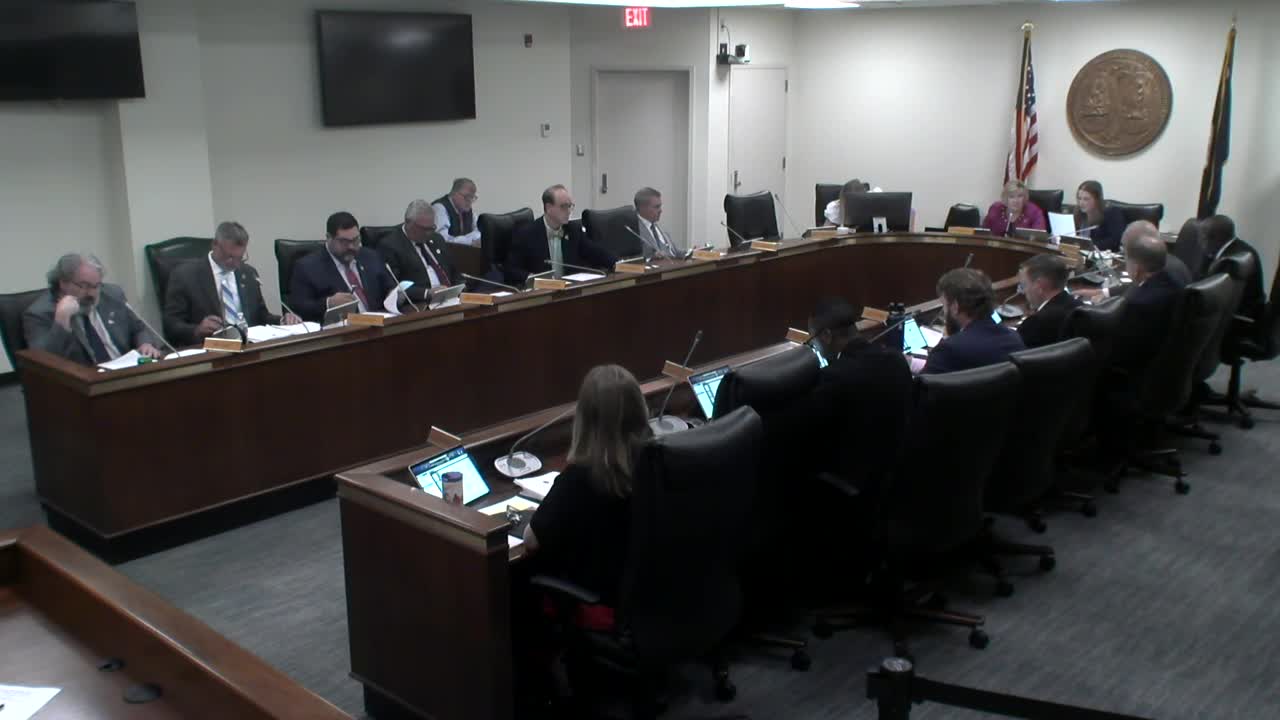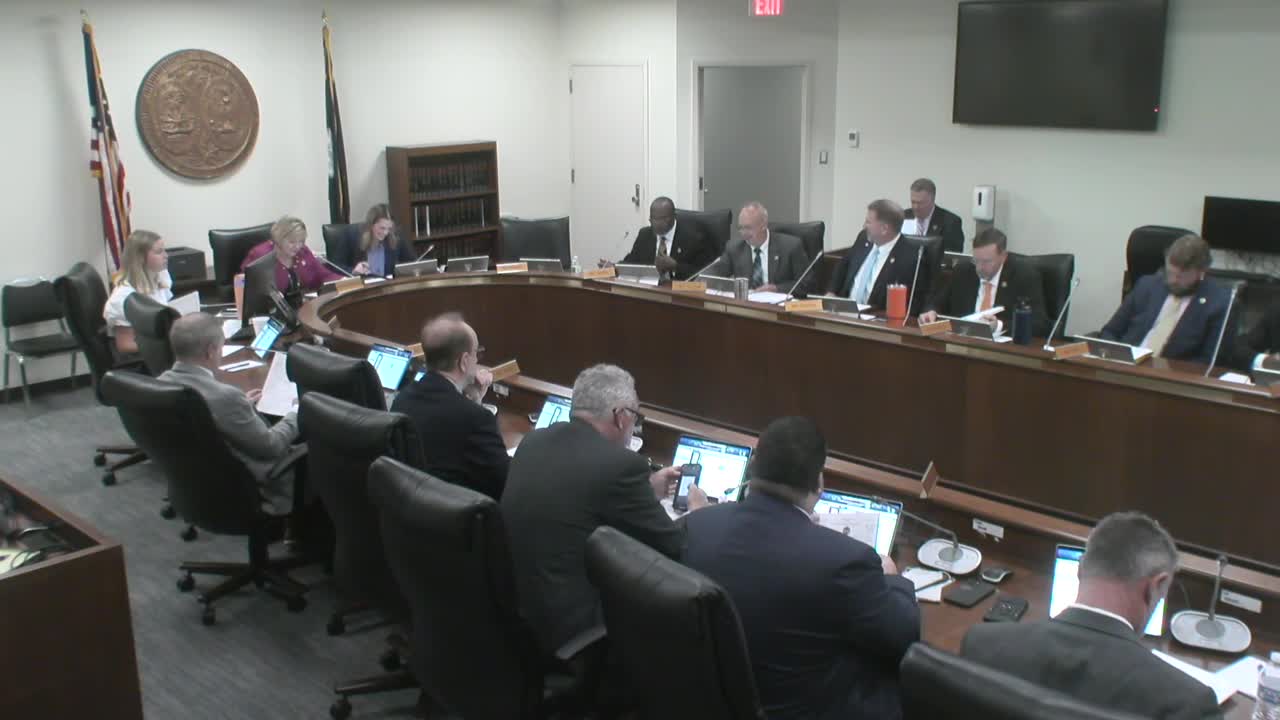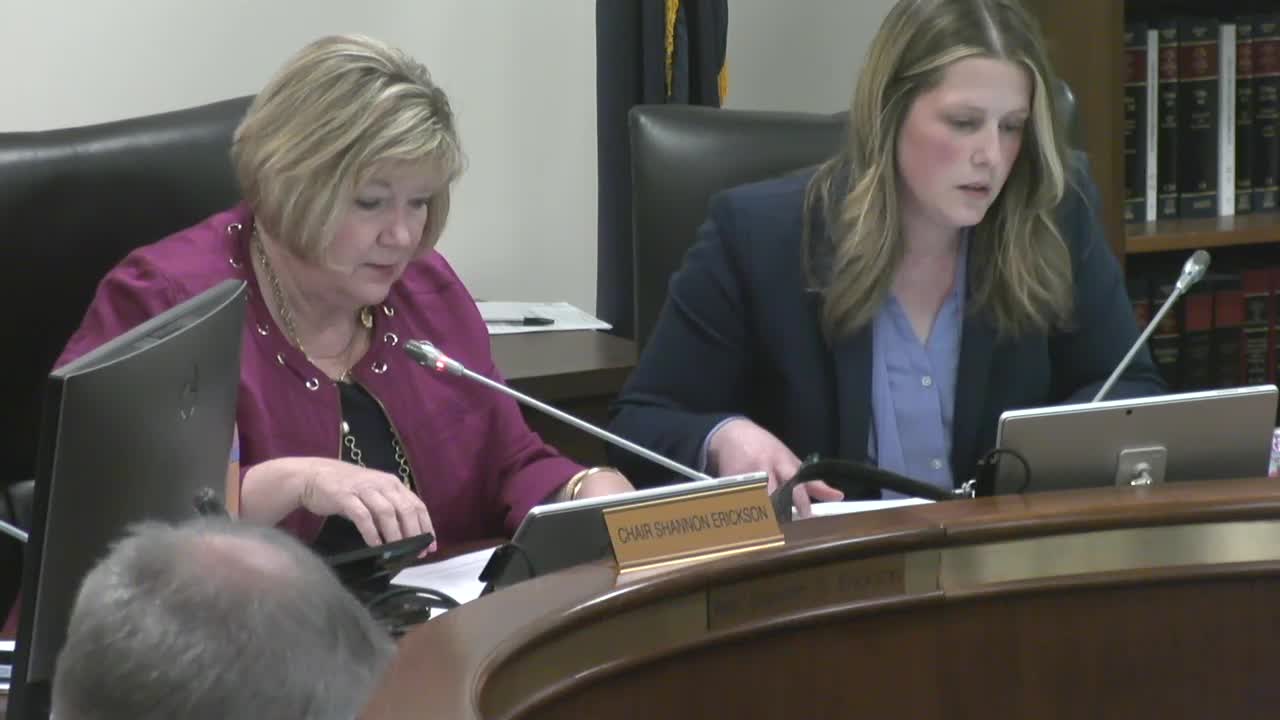Article not found
This article is no longer available. But don't worry—we've gathered other articles that discuss the same topic.

Committee adopts broad DMV cleanup amendment removing some dealer and fleet rules, restoring certified‑mail option

Committee advances bill creating $90 expedited fee for DMV identification cards; amendment clarifies international ID validity

